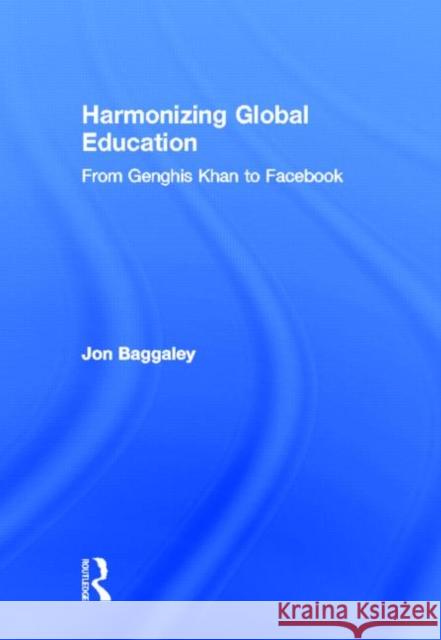Harmonizing Global Education : From Genghis Khan to Facebook » książka
Harmonizing Global Education : From Genghis Khan to Facebook
ISBN-13: 9780415892650 / Angielski / Twarda / 2011 / 216 str.
Harmonizing Global Education : From Genghis Khan to Facebook
ISBN-13: 9780415892650 / Angielski / Twarda / 2011 / 216 str.
(netto: 718,58 VAT: 5%)
Najniższa cena z 30 dni: 654,86
ok. 16-18 dni roboczych.
Darmowa dostawa!
Distance education (DE) offers promising ways to reach the many people around the world who lack access to education and training by other means. International DE methods, however, are fragmented, and distance educators have often abandoned new technologies before giving them a chance to fully develop. As a result, the tools and techniques of DE today are often incompatible with the needs of developing countries. In order for the current generation of technology practitioners and policy-makers to provide the most effective, relevant distance education around the world, Global Education urges scholars and practitioners of distance education to examine the full range of literature and historic development behind technology-based education and communication studies, going back further than is often assumed necessary. This book examines the full range of historical ideas and assumptions that have shaped distance education, from the Luddite Revolt among British textiles workers in 1811, to the evolution of cubist art, to the visionary advances of Russian multimedia specialists.The author urges an awareness of work by previous generations of communications analysts, and shows how audience research relating to traditional media can be relevant to the design of today's computer- and internet-based approaches. Today's open universities have grown from the goals of these earlier historical contexts, and now the future success of open and distance learning depends on learning from the successes, and the failures, of the past.











